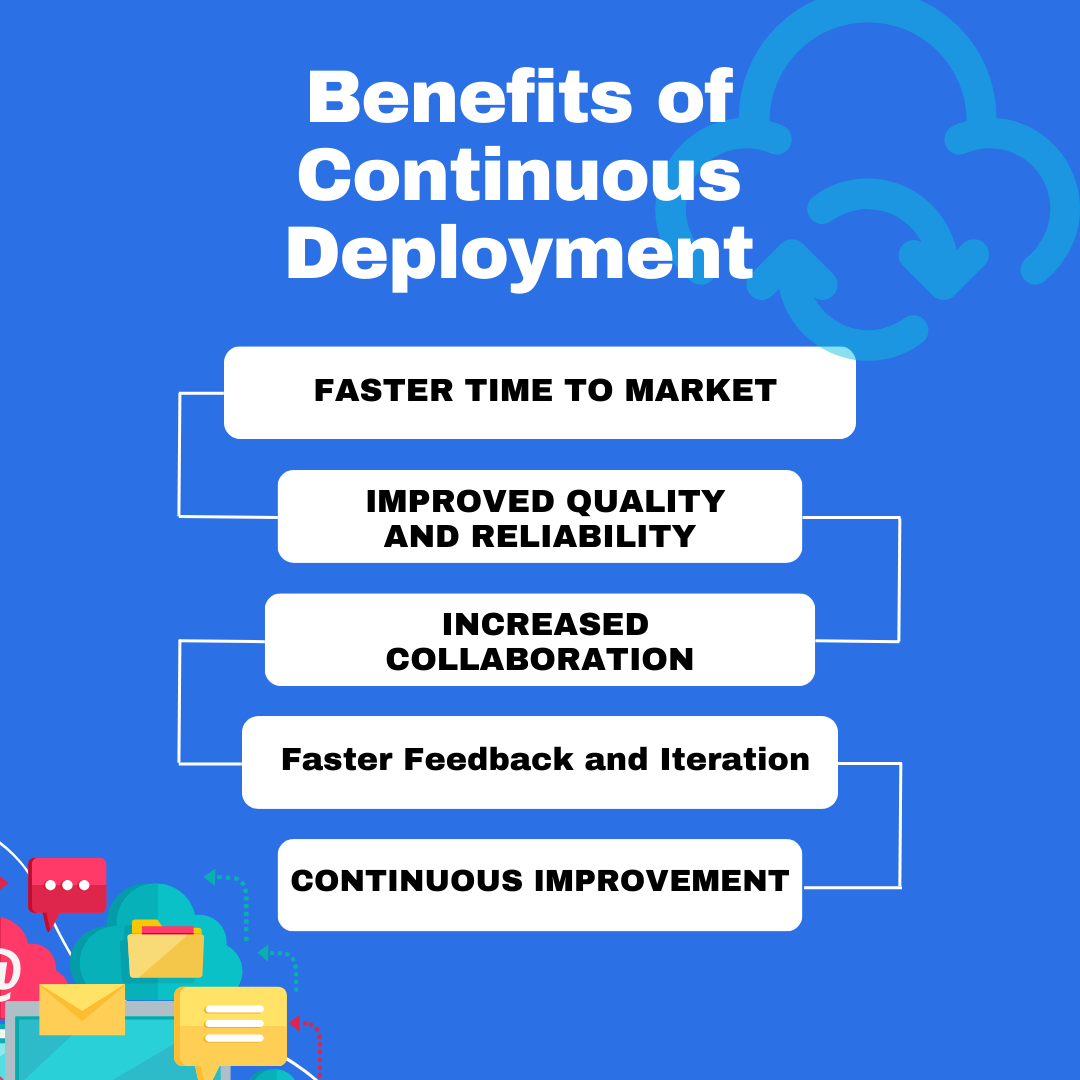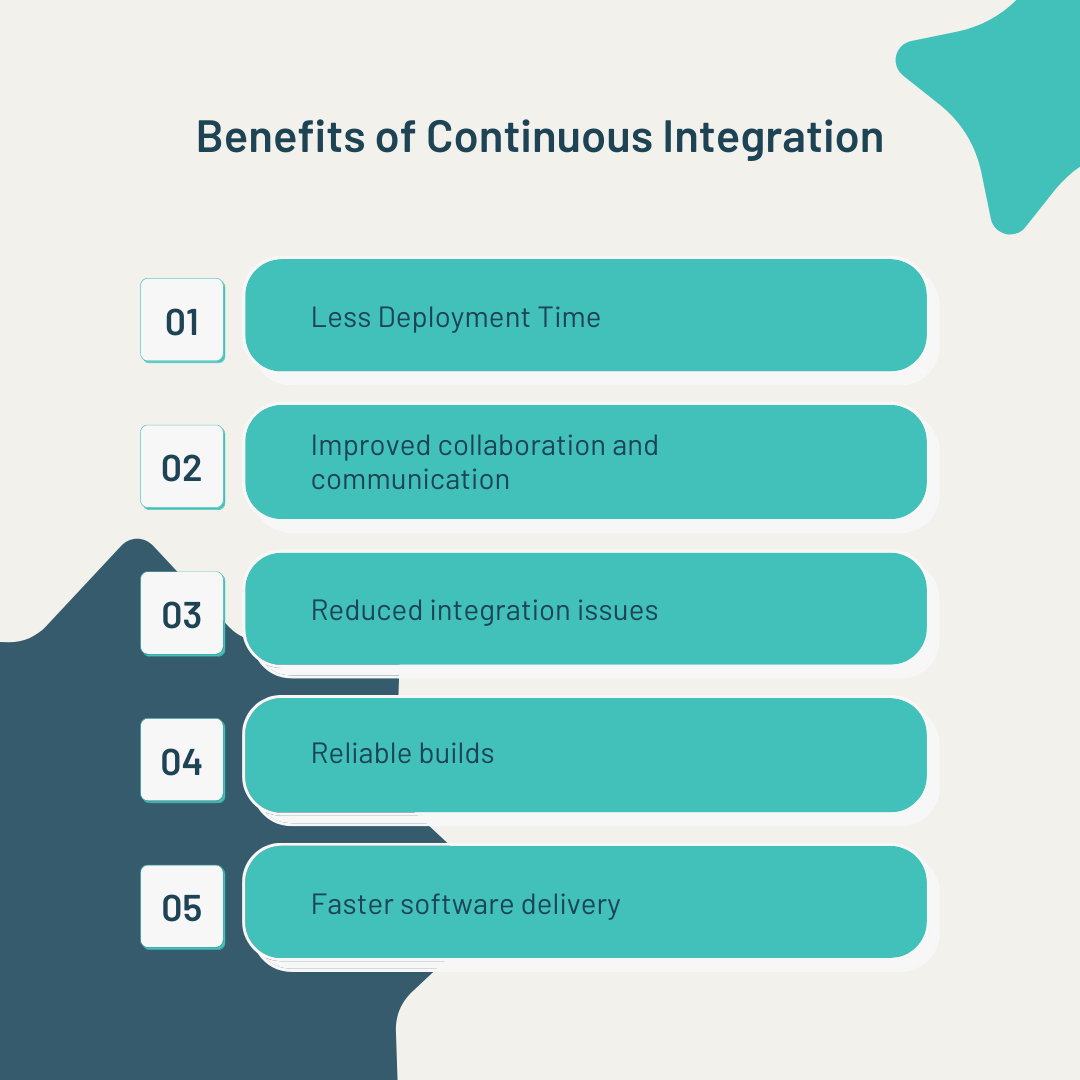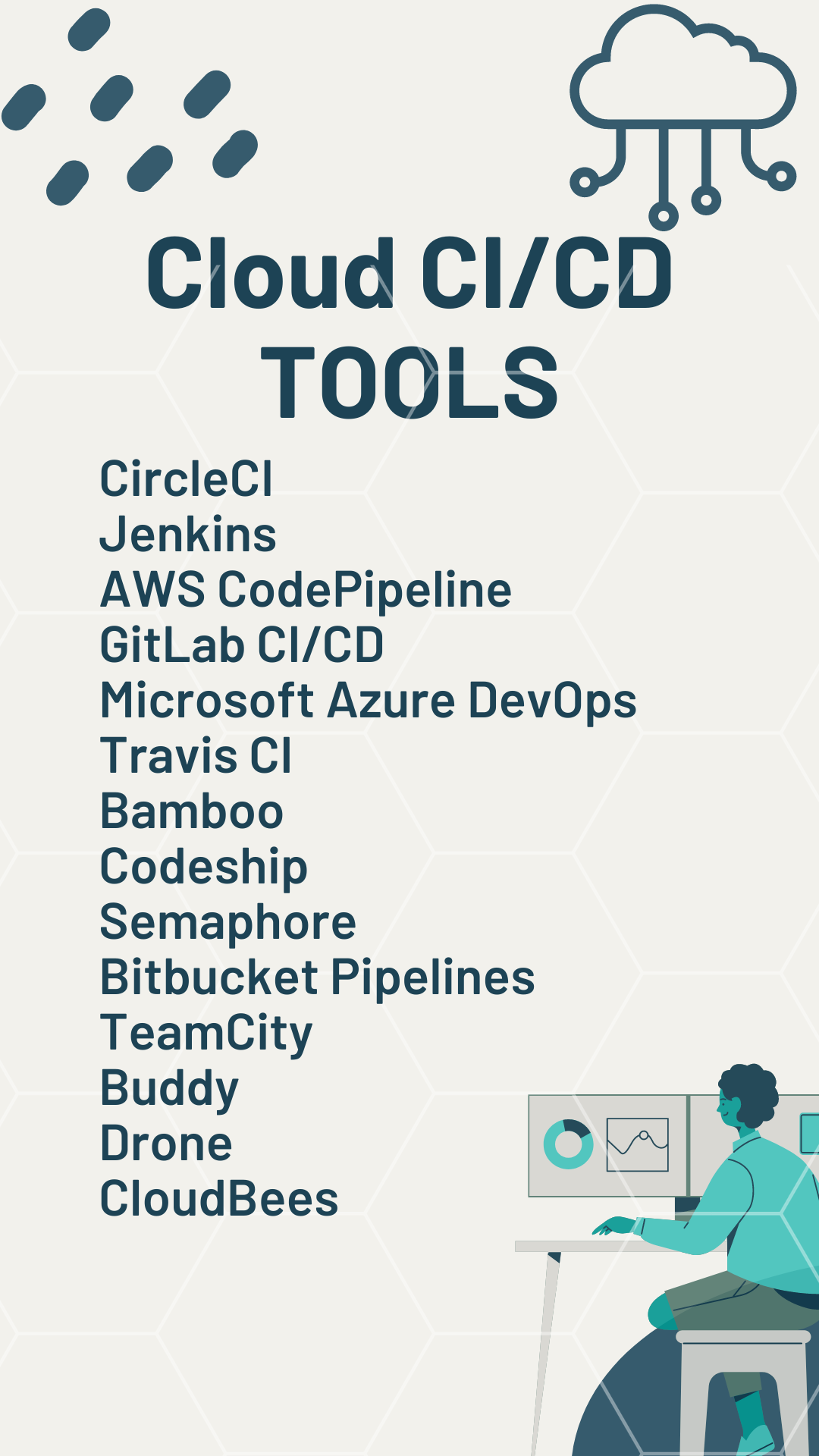How to Choose a Cloud CI/CD Platform: A Comprehensive Guide
Learn how to select the right Cloud CI/CD platform for your business needs. Read our comprehensive guide for tips on features, costs, and more.

If you're planning to implement CI/CD for your business processes, don't miss out on the critical considerations for choosing a cloud CI/CD platform. Beyond storing repositories, you need to ensure the platform supports your programming languages, Docker images, and development tools. But how do you choose the right one for your project? With so many options available, selecting a CI/CD platform can be overwhelming. Fortunately, our guide covers all the essential considerations to help you choose a Cloud CI/CD platform that aligns with your project requirements.
Why host CI/CD in the cloud?
Hosting CI/CD in the cloud offers significant benefits such as reduced infrastructure, minimized overhead, and improved scalability and reliability. As the cloud provides remote infrastructure settings, it offers better consistency in testing, integrating, and delivering the project.

Cloud-based CI/CD tools are typically easier and quicker to set up without having to worry about investing in new machines and servers. In addition, the cloud ensures greater security than on-premise hosting, since cloud providers ensure the latest security patch updates for their servers.

What considerations should be kept in mind before selecting a CI/CD platform?
CI/CD Must Integrate with Your Repositories
When it comes to choosing a CI/CD platform, one crucial factor to consider is whether it can effectively integrate with your repositories. Software repositories play a pivotal role in the CI and CD process, serving as the endpoint for code check-ins and testing.
However, repositories are not just storage spaces; they are also ideal for storing CI/CD scripts and configuration files. While some platforms offer internal storage for these files, it is generally more beneficial to have them in version control outside of the CI/CD tool.
Language and Tool Compatibility is Key
Language and tool compatibility is another key consideration. Different programming languages often require specific build and testing tools. A reliable CI/CD tool should support all the languages used in your project to be truly useful. Otherwise, you may find yourself having to develop custom plugins for the tool.
Additionally, with the increasing prominence of Docker images in distributed software deployments, it is advantageous if your CI/CD platform has built-in support for Docker. This includes the ability to create images from source code, binaries, and prerequisites, as well as deploying them to specific environments.
Support and Documentation Matter
Support and documentation are often overlooked factors but are crucial for a smooth CI/CD implementation. While the principles of CI/CD may seem straightforward, the intricacies can vary across different platforms. Some tools, like Jenkins, have extensive support and numerous books dedicated to them due to their longevity in the industry.
For other platforms, you might need to delve into documentation, and support forums, and explore paid support options to ensure you have the necessary guidance and assistance for your chosen tool.
Customize CI/CD Pipelines
It is important to note that while this guide focuses on choosing a CI/CD platform, it is not a one-size-fits-all solution. Different software development projects may have unique requirements, and customization of CI/CD pipelines is often necessary to meet specific needs. Flexibility in tailoring the platform to fit your project's workflow and processes is a valuable characteristic to consider.
Cost-Effective Deployments
Cost-effectiveness is another essential aspect to evaluate. Cloud container deployments generally tend to be less expensive than cloud server instance deployments, and serverless cloud deployments are even more cost-effective than containers.
However, it is worth noting that only a few CI/CD platforms currently support serverless deployments. One such platform is Serverless CI/CD, which is part of the Serverless Framework Pro. Optimized for deploying serverless applications, it exclusively runs on AWS and offers a cost-effective option for serverless projects.
Your current cloud assets location
Understanding where your current cloud assets exist is an integral part of evaluating your current and future CI/CD requirements when moving to the cloud. Evaluating your current deployment process provides insight into where specific areas of improvement can be implemented.
Cloud CI/CD products

Cloud CI/CD tools have become increasingly essential in software development, providing the necessary foundation to build, test, and deploy code-drafts continuously. With multiple options available, it can be challenging to choose the right product to suit individual needs.
Here are some examples of popular cloud CI/CD products on the market today:
CircleCI - A cloud-based continuous integration, delivery, and deployment platform that automates the build, test, and deployment process.
Jenkins - A highly customizable open-source automation server that supports continuous integration, continuous delivery, and automated testing.
AWS CodePipeline - A fully managed continuous delivery service that enables users to automate the release process for applications and infrastructure updates.
GitLab CI/CD - A continuous integration and deployment platform that is natively integrated with GitLab's version control system.
Microsoft Azure DevOps - A cloud-based platform that provides a suite of tools for software development, including source control, project management, and continuous integration and delivery.
Travis CI - A continuous integration platform that allows developers to test and deploy their applications with ease.
Bamboo - A continuous integration and deployment server that offers a wide range of capabilities, including automated builds, testing, and release management.
Codeship - A cloud-based continuous integration and delivery tool that simplifies the build, test, and deployment process.
Semaphore - A cloud-based continuous integration and deployment platform that is designed to meet the needs of both small and large development teams.
Bitbucket Pipelines - A continuous integration and deployment tool that is fully integrated with the Bitbucket code repository.
TeamCity - A continuous integration and continuous delivery server that provides a wide range of features to automate the software development process.
Buddy - A cloud-based platform for automating web development workflows, including continuous delivery, deployment, and hosting.
Drone - A container-native continuous integration and continuous delivery platform that allows users to build, test, and deploy applications with ease.
CloudBees - A cloud-based platform that provides a suite of tools for continuous integration, continuous delivery, and DevOps automation, including Jenkins.
Do a proof of concept before committing
Before subscribing to any CI/CD product, it is often best to do a proof of concept project by provisioning a pipeline on a test application. It provides better insight into the process and enables you to choose a product that is well-suited for your enterprise.
Summary
Choosing the right Cloud CI/CD platform demands a comprehensive understanding of your project's intricacies. By assessing compatibility, documentation, customization options, and cost factors, you'll be better equipped to make a decision that aligns with your development goals. Which CI/CD tools have you found valuable? Feel free to share your insights and suggestions!
Using cloud CI/CD solutions is essential to streamlining and simplifying the software development process. But choosing the right solution for your company can be a challenge. By keeping these essential considerations in mind, you will be able to make an informed decision and select the best-suited cloud-based CI/CD solution to meet your company's software development needs.
Hi! I am Safoor Safdar a Senior SRE. Read More. Don't hesitate to reach out! You can find me on Linkedin, or simply drop me an email at me@safoorsafdar.com
